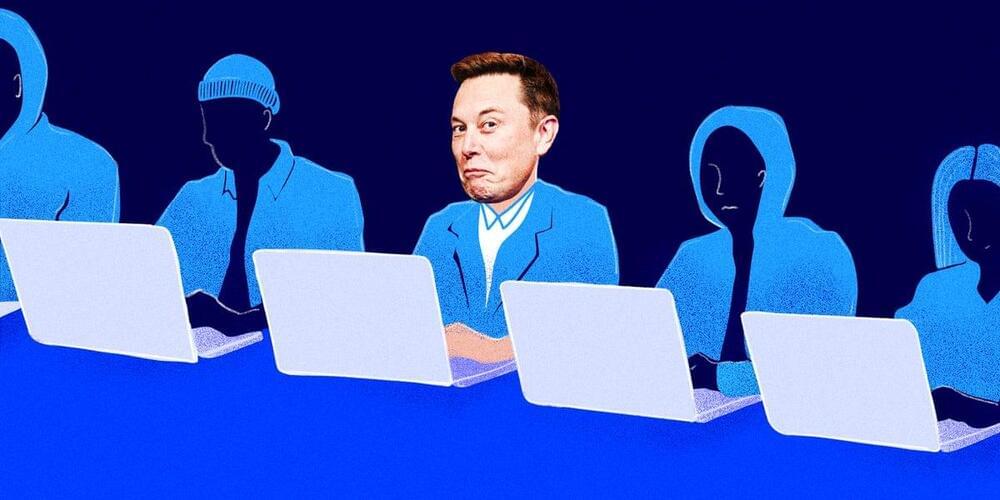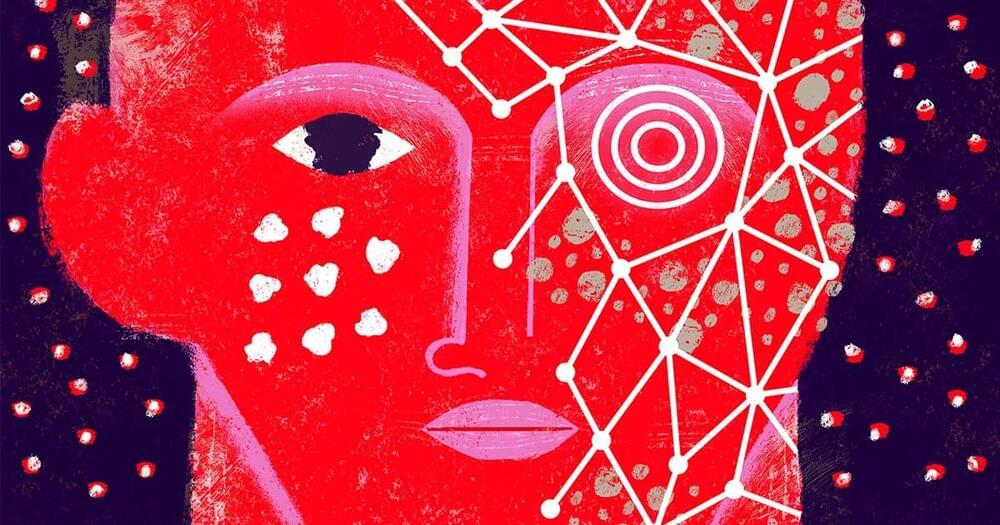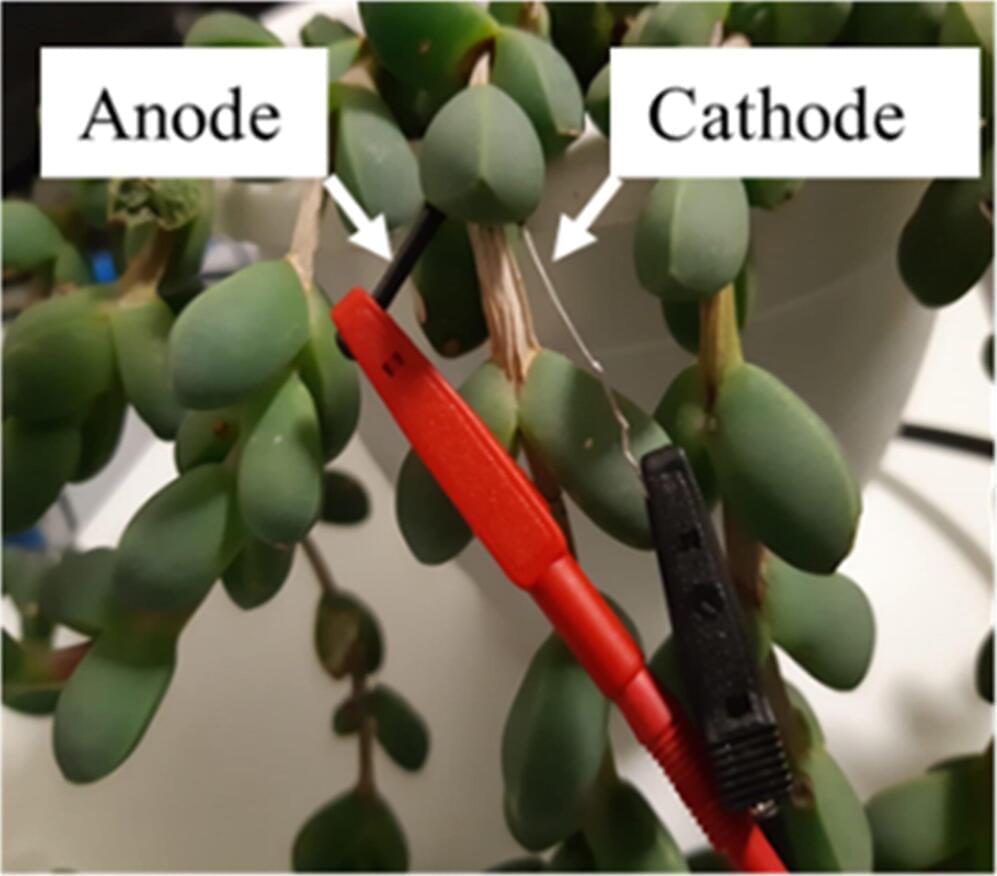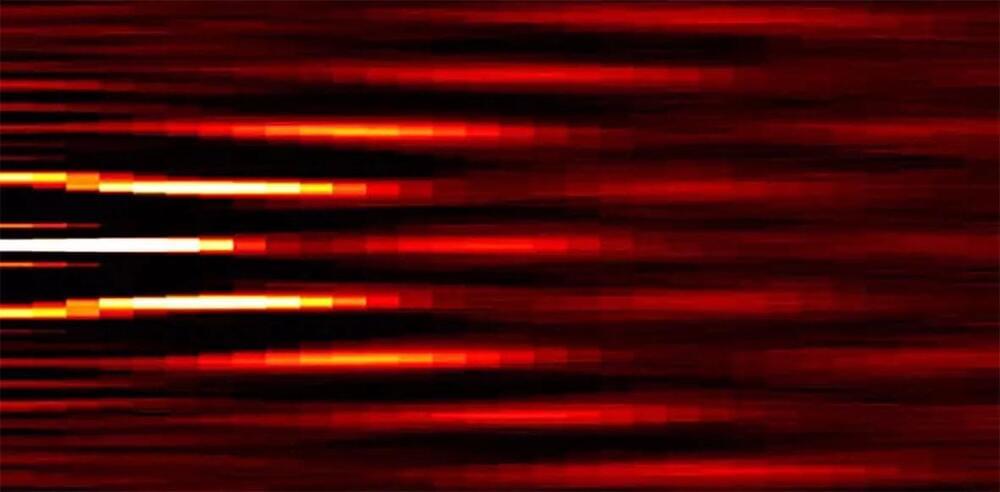The brain of an octopus has some similarities to humans, and shows many signs of high intelligence.
Get the latest international news and world events from around the world.

Hate Elon Musk all you want, but he’s got one management trick that every boss should emulate
Balancing management ability and technical expertise is an active debate in the software industry, where, depending on whom you ask, an engineering manager’s interest or ability to code is dependent on whether the team is able to operate without them. Scott Berkun, the author of “Making Things Happen: Mastering Project Management,” told SD Times he believed the two disciplines were somewhat oppositional: “Coding requires intense uninterrupted concentration, while management requires dealing with constant interruptions and context switching.”
“Being able to do both is not something that a lot of people can do in practice.”
Berkun isn’t wrong — the incredible focus and discipline one must have to constantly write, test, and execute code in production are very different attributes to those of a manager. And just because someone is a high-performing employee doesn’t mean they can or should become a manager. Being in charge of employees is a unique skill that requires its own form of training and knowledge. Switching between producing valuable work for the company and leading a team of employees is not for everyone. As I’ve suggested before, the ratio of managers to the people they manage should be much larger if the manager isn’t doing the actual labor — but even then, the lack of practical experience will make it harder for them to be effective. But because the managerial class has become the only avenue for real advancement at many companies, many organizations end up with a jumble of disconnected or micromanaging bosses who aren’t right for the job.
Epicuros — Artificial Intelligence vol. 4 (Dark Ambient, IDM, Noise, Electro)
Artificial Intelligence vol. 4 — The Rise of the Machines.
01. Intro — Roy meets Tyrell.
02. Vangelis — Los Angeles, November 2019 [01:08]
03. Mahindra Waves — DNA [03:41]
04. Between Interval — Sea of Darkness [09:00]
05. Carl Sagan’s last Interview — The Warning [11:50]
06. Sam Hulick (Mass Effect OST) — Normandy [12:52]
07. Kammarheit — Provenience [14:10]
08. Vataff Project — Owl [18:03]
09. Field Rotation — Tiefflug [24:50]
10. Juno Reactor — Nitrogen Part 1 [31:28]
11. Mono Junk — Enter [38:30]
12. Gus Gus vs. T-world — Esja [43:10]
13. Aphex Twin — On [51:10]
14. Sephira — Memory Access [56:40]
15. HECQ — 8 [01:00:20]
16. Distant System — Pupillary response [01:01:20]
17. Blastromen — Follow The Command [01:03:20]
18. Blastromen — Battlenet [01:09:50]
19. Asura — Regenesis [01:16:53]
20. Field Rotation — Regenzeit [01:21:50]
21. Vangelis — Blade Runner (End Titles) [01:26:20]

New 3D model shows how the paradise tree snake uses aerial undulation to fly
When the paradise tree snake flies from one tall branch to another, its body ripples with waves like green cursive on a blank pad of blue sky. That movement, aerial undulation, happens in each glide made by members of the Chrysopelea family, the only known limbless vertebrates capable of flight. Scientists have known this, but have yet to fully explain it.
For more than 20 years, Jake Socha, a professor in the Department of Biomedical Engineering and Mechanics at Virginia Tech, has sought to measure and model the biomechanics of snake flight and answer questions about them, like that of aerial undulation’s functional role. For a study published by Nature Physics, Socha assembled an interdisciplinary team to develop the first continuous, anatomically-accurate 3D mathematical model of Chrysopelea paradisi in flight.
The team, which included Shane Ross, a professor in the Kevin T. Crofton Department of Aerospace and Ocean Engineering, and Isaac Yeaton, a recent mechanical engineering doctoral graduate and the paper’s lead author, developed the 3D model after measuring more than 100 live snake glides. The model factors in frequencies of undulating waves, their direction, forces acting on the body, and mass distribution. With it, the researchers have run virtual experiments to investigate aerial undulation.


Producing ‘green’ energy from living plant ‘bio-solar cells’
Though plants can serve as a source of food, oxygen and décor, they’re not often considered to be a good source of electricity. But by collecting electrons naturally transported within plant cells, scientists can generate electricity as part of a “green,” biological solar cell.
Now, researchers reporting in ACS Applied Materials & Interfaces have, for the first time, used a succulent plant to create a living “bio-solar cell” that runs on photosynthesis.
In all living cells, from bacteria and fungi to plants and animals, electrons are shuttled around as part of natural, biochemical processes. But if electrodes are present, the cells can actually generate electricity that can be used externally. Previous researchers have created fuel cells in this way with bacteria, but the microbes had to be constantly fed. Instead, scientists, including Noam Adir’s team, have turned to photosynthesis to generate current.

A new finding in superconducting nanotechnology
Superconducting nanotechnology is a rapidly developing field with a series of promising applications in the field of new quantum technologies such as advanced superconducting quantum processors based on qubits with Josephson tunnel junctions.
Recently, an international team of researchers – with participation of Leibniz Institute of Photonic Technology (Leibniz IPHT) – has demonstrated and published yet another quantum mechanical effect in superconductors – the photon assisted coherent quantum phase slip effect in a very thin superconducting nanowire. The effect is revealed as the formation of current steps on the current-voltage characteristic subject to microwave radiation (Nature, “Quantized current steps due to the a.c. coherent quantum phase-slip effect”).
This effect has been theoretically predicted more than thirty years ago and hints of the current steps of this type have been previously observed in small size Josephson junctions. Switching from a Josephson junction to a superconducting nanowire made of thin films of high-quality niobium nitride allowed the researchers to observe sharp and distinct steps on the current voltage characteristic located at current values I n = 2efn, where 2e is the electric charge of a so-called Cooper pair of two electrons, f the frequency of microwave radiation, and n as an integer number, denoting the step order.

Fusion breakthrough is a milestone for climate, clean energy
Scientists announced Tuesday that they have for the first time produced more energy in a fusion reaction than was used to ignite it—a major breakthrough in the decades-long quest to harness the process that powers the sun.
Researchers at the Lawrence Livermore National Laboratory in California achieved the result last week, the Energy Department said. Known as a net energy gain, the goal has been elusive because fusion happens at such high temperatures and pressures that it is incredibly difficult to control.
The breakthrough will pave the way for advancements in national defense and the future of clean power, Energy Secretary Jennifer Granholm and other officials said.
Newton Howard (MIT Synthetic Intelligence Lab)– The Future of Brain Implants
Newton Howard, Director of the MIT Synthetic Intelligence Lab: http://www.techsylvania.co/speakers/newton-howard/
Check out the presentation on Slideshare: https://www.slideshare.net/techsylvania/newton-howard-mit
Brain Implants are Here: Blackrock’s Neuroport & Synchron’s Stentrode
Neurotechnology and Brain-Computer Interfaces are advancing at a rapid pace and may soon be a life-changing technology for those with limited mobility and/or paralysis. There are already two brain implants, Blackrock Neurotech’s NeuroPort and Synchron’s Stentrode, that have been approved to start clinical trials under an Investigational Device Exemption. In this video, we compare these devices on the merits of safety, device specifications, and capability.
Thanks to Blackrock Neurotech for sponsoring this video. The opinions expressed in this video are that of The BCI Guys and should be taken as such.
——–ABOUT US:——-
Harrison and Colin (The BCI Guys) are neurotech researchers and entrepreneurs dedicated to creating a brain-controlled future! Neurotechnology and brain-computer interfaces are devices that allow users to control machines with their thoughts and interact with technology in new ways. This revolutionary technology will change life as we know it, and soon will be as common as the touchscreen on your smartphone. Join us in learning about the brain-controlled future!
Support us: https://www.bciguys.com/support.
Follow us on Social Media!